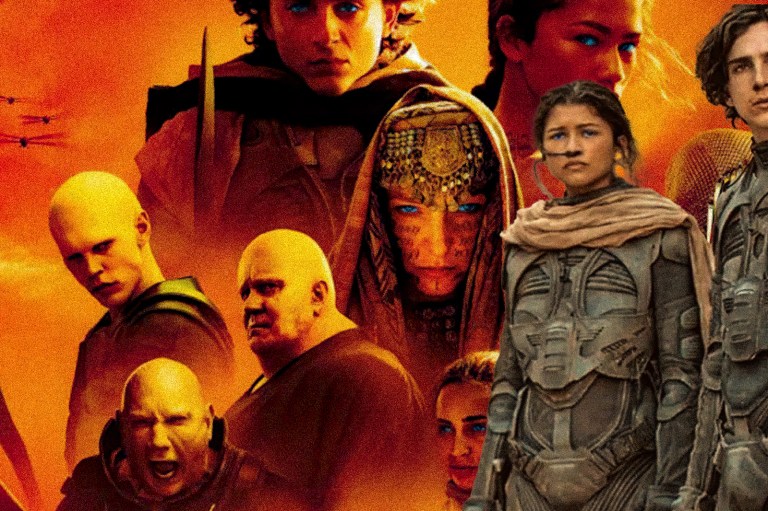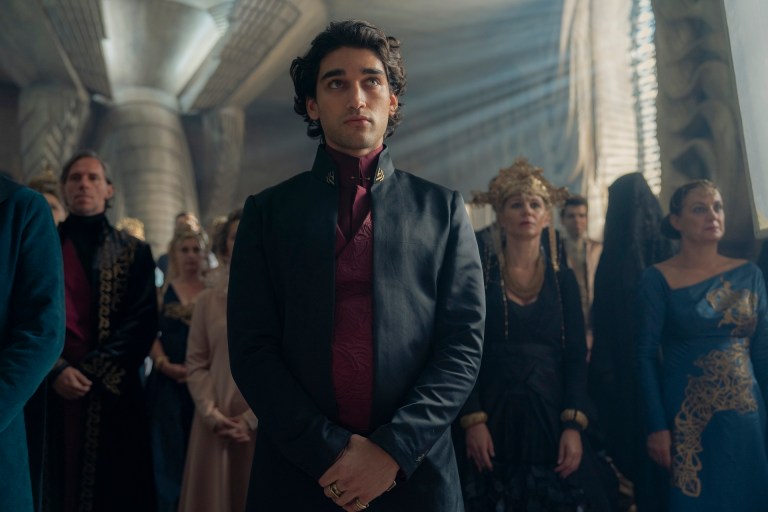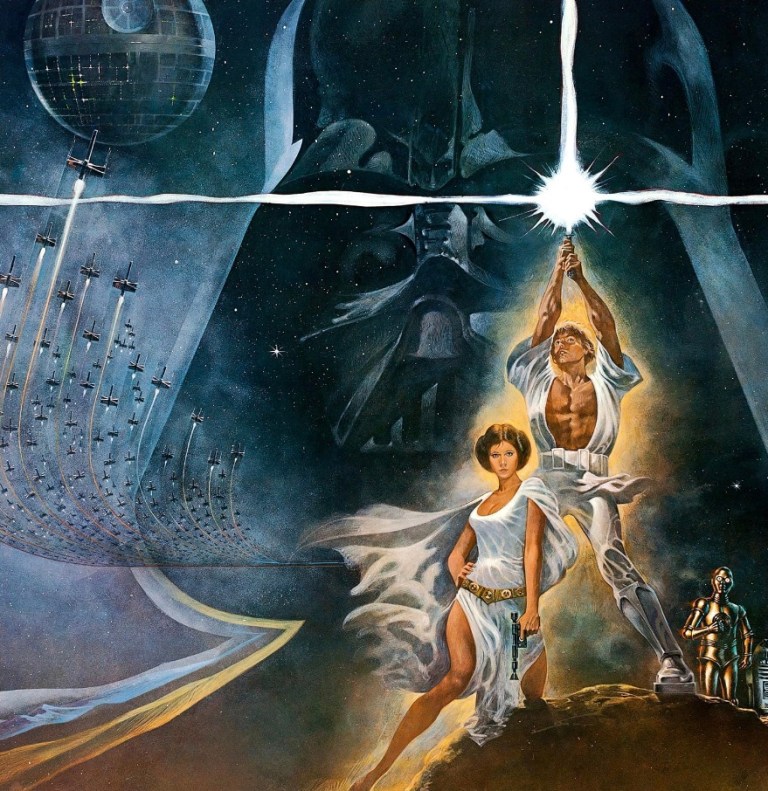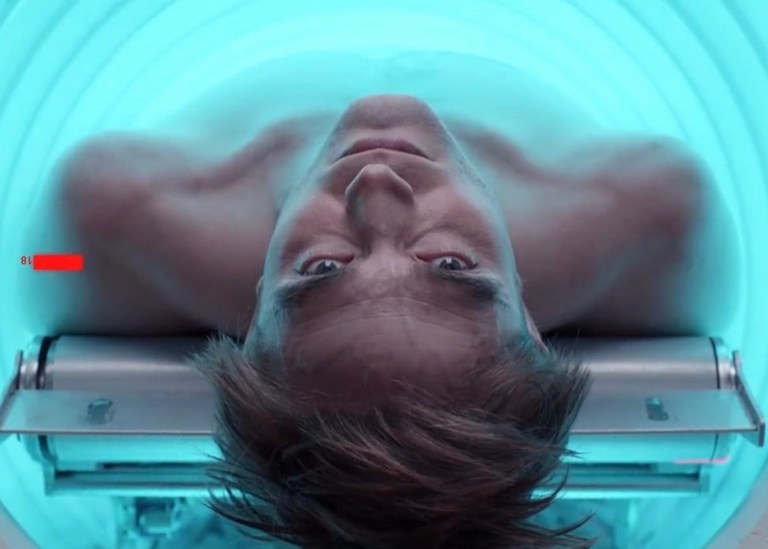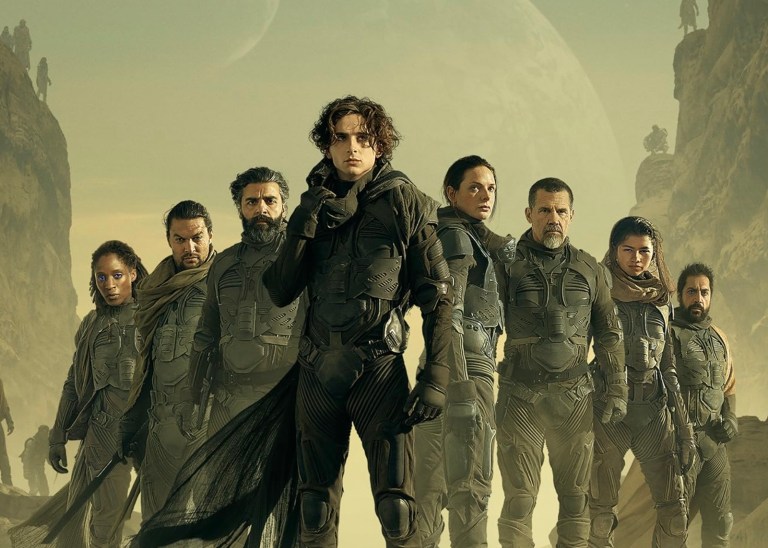
‘Dune: Part Two’ Made a Major Change to the Books Without Sacrificing Their Power
Thanks to its sweeping narrative, starry cast, and magnificent cinematography, Dune 2 is already attracting 2025 Oscars buzz. Every action scene is nimbly choreographed and memorably cool. Every actor is at the top of their game. Every sound serves a purpose, every line a theme. When critics say it’s a “defining” movie of the sci-fi genre, that’s not hyperbole.
That said, Dune 2 might credit some of its success to its source material: the similarly-titled 1965 novel written by Frank Herbert. Dune 2 is largely faithful to that seminal sci-fi tome and carefully preserves its essence. Still, Dune 2 did make some notable tweaks to the novel in the name of cinematic awesomeness. Some of those tweaks are small: Few Dune purists are angry that the movie invented a Southern fundamentalist sect of Fremen.
But some of those tweaks are more noticeable. Zendaya’s character, Chani, is much more dynamic in the movies than in the novel. Instead of standing idly by as Paul proposes to a princess he met ten minutes ago, she skulks off to the desert and angrily worm-rides her feelings out.
Paul (Timothée Chalamet) is equally volatile – prickly and moody at first, then fully psychotic by the end. The portrayal is quite close to Herbert’s vision for the character and (in some ways) a purer distillation of it. And if it is closer to Herbert’s vision, that’s due to one major change.
*spoilers ahead*
Fans of the Dune books were appropriately disconcerted when Paul, instead of his sister Alia, killed Baron Harkonnen (Stellan Skarsgård), the Big Baddie of the movie. In fact, Alia was nowhere to be found. Throughout the movie, she whispered to her mother Jessica (Rebecca Ferguson) from the womb; but then she stayed there. She only appeared once, in the form of Anya Taylor-Joy, in a dream that Paul had.
This was perhaps Dune 2’s largest departure from its parent text. Alia in the novels was an absolute freak – a brilliant, omniscient, ruthless toddler who code-switched between dribbling milk down her shirt and stabbing her grandfather to death. She could already walk and engage in diplomatic relations before she was one. And lest you judge, she inherited the ancestral memory of an entire murdered bloodline at the ripe age of zero years old, so give her a break.
In any case, Alia was one of Dune’s most indelible characters – a two-and-a-half-foot-tall proto-autocrat or an assassin in Huggies diapers (depending on how you looked at it). And when she pricked her grandfather, the Baron Harkonnen, with a gom jabbar, or deadly poison needle, it was gaggy.
That doesn’t mean that it wasn’t gaggy to have Paul kill his grandfather instead. In reality, it sped up his character development and set the tone for Dune 2’s inevitable sequel. As readers already know, Paul was always destined for anti-hero status; it was written in the cards the moment he recruited that Fremen army. But by having him stab Harkonnen and growl, “You die like an animal,” it turned him into a vicious, power-hungry egomaniac sooner than Frank Herbert ever did. Well, technically, that transformation became complete when Paul ordered his Fremen army to lead his enemies to “paradise.” But the stabbing strengthened the idea that Paul was down a dark path, underscoring that final line. Further highlighting the significance of that line was the moment when the Emperor (Christopher Walken) told Paul that his dad was a failure because he’d practiced empathy. That’s not the life lesson you give to someone who’s going to turn out OK.

In other words, there was no longer any question as to whether Paul was about to become a ruthless leader.
Though markedly different from the books, this Alia-less climax is still loyal to Frank Herbert’s overall goal. In 1985, the author said in a speech at UCLA, “I wrote the Dune series because I had this idea.. that charismatic leaders ought to come with a warning label on the forehead: ‘May be Dangerous to Your Health.’ Even director Dennis Villeneuve suggested in 2021 that Paul was an anti-hero, saying, “I think Herbert wrote [Dune] as a warning, [against] leaders that pretend to know what will happen, who pretend to know the truth, who might be lacking humility.”
Of course, anyone who has read beyond the first Dune novel will know that Paul gets more power-hungry as time goes on, bringing his own worst nightmares to life. A perfect anti-hero, if you will. But at least the movies aren’t pretending otherwise anymore.
